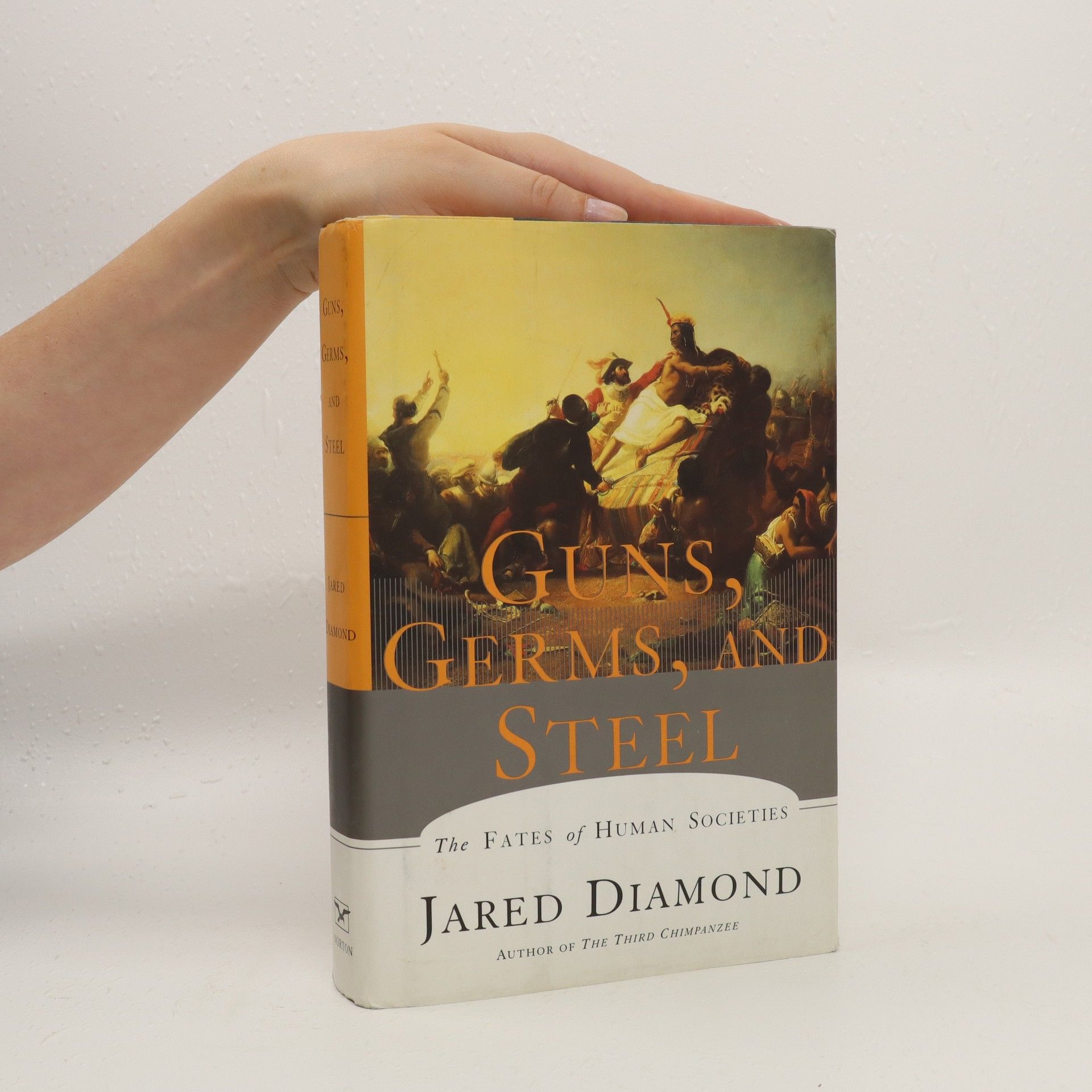In this "artful, informative, and delightful (book)" ("New York Review of Books"), Diamond offers a convincing explanation of the way the modern world came to be and stunningly dismantles racially based theories of human history. Photos. Copyright © Libri GmbH. All rights reserved.
Civilizations Rise and Fall Series
This series delves into the depths of human history, exploring the compelling question of why diverse societies evolved along disparate paths. It unravels the complex web of factors that shaped civilizations, from geographical and environmental influences to technological advancements and cultural exchanges. Readers embark on a journey across continents and centuries, gaining insight into the dynamics of rise and fall, and understanding the interconnectedness of human destiny.



Recommended Reading Order
- 1
- 2
Collapse : How Societies Choose to Fail or Succeed
- 592 pages
- 21 hours of reading
This title has been removed from sale by Penguin Group, USA.
- 3
Upheaval
- 500 pages
- 18 hours of reading
In his landmark international bestsellers Guns, Germs and Steel and Collapse, Jared Diamond transformed our understanding of what makes civilizations rise and fall. Now in the third book in this monumental trilogy, he reveals how successful nations recover from crisis. Diamond shows us how seven countries have survived defining upheavals in the recent past - from the forced opening up of Japan and the Soviet invasion of Finland to the Pinochet regime in Chile - through selective change, a process of painful self-appraisal and adaptation more commonly associated with personal trauma. Looking ahead to the future, he investigates whether the United States, and the world, are squandering their natural advantages and are on a devastating path towards catastrophe. Is this fate inevitable? Or can we still learn from the lessons of the past? Exhibiting the awe-inspiring grasp of history, geography, economics and anthropology that marks all Diamond's work, Upheaval reveals how both nations and individuals can become more resilient. The result is a book epic in scope, but also his most personal yet.